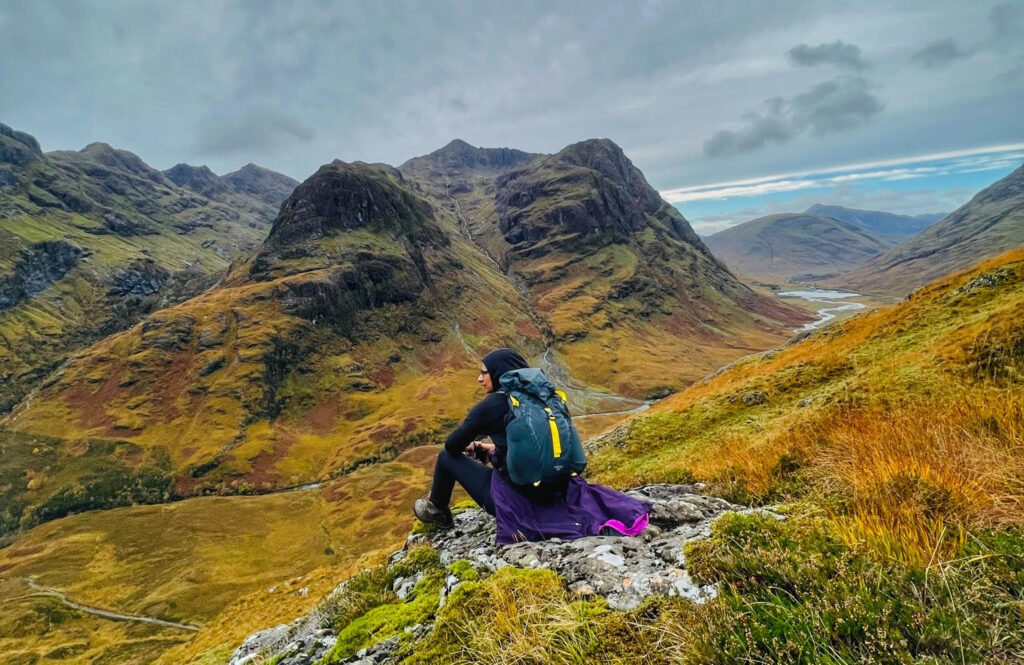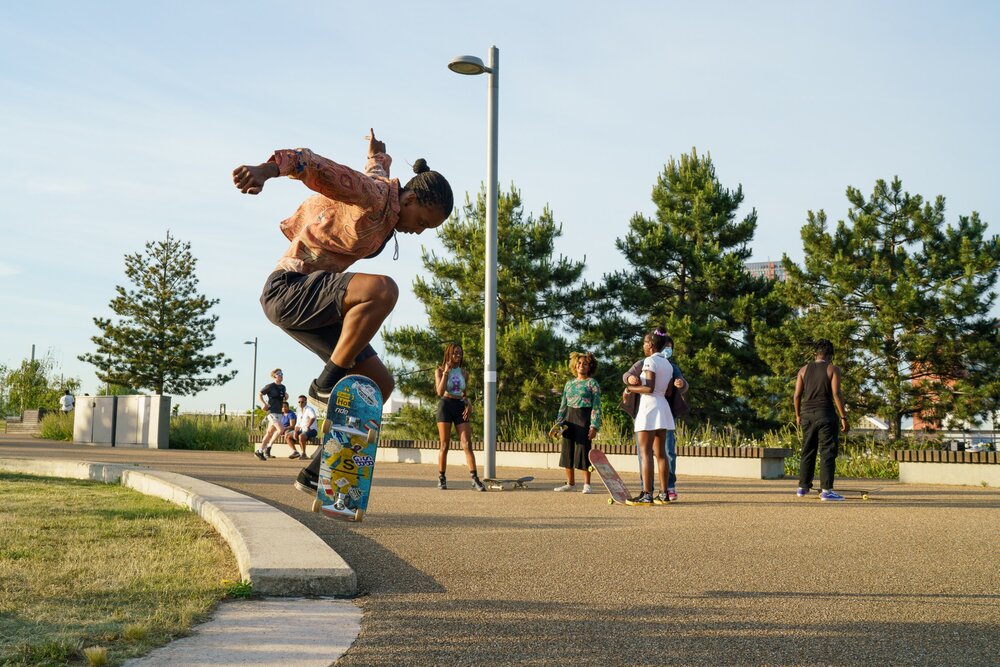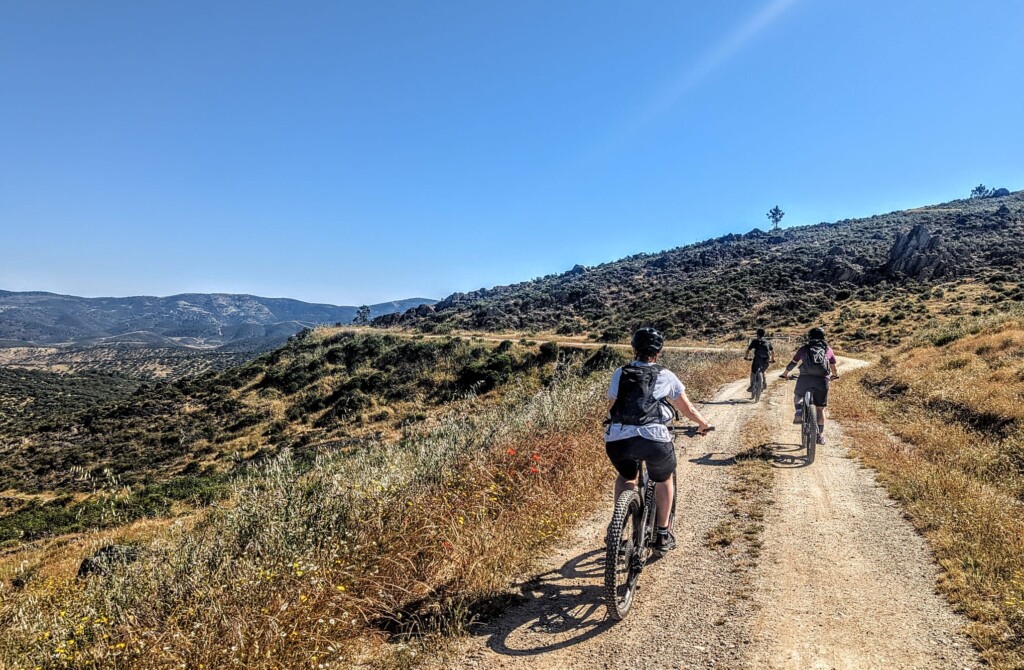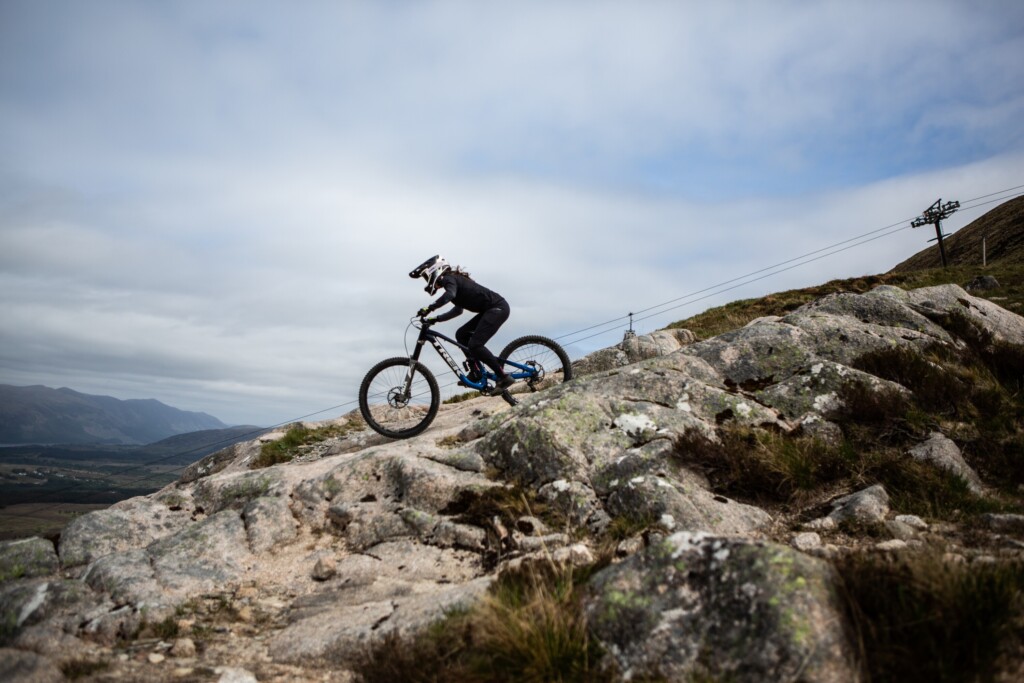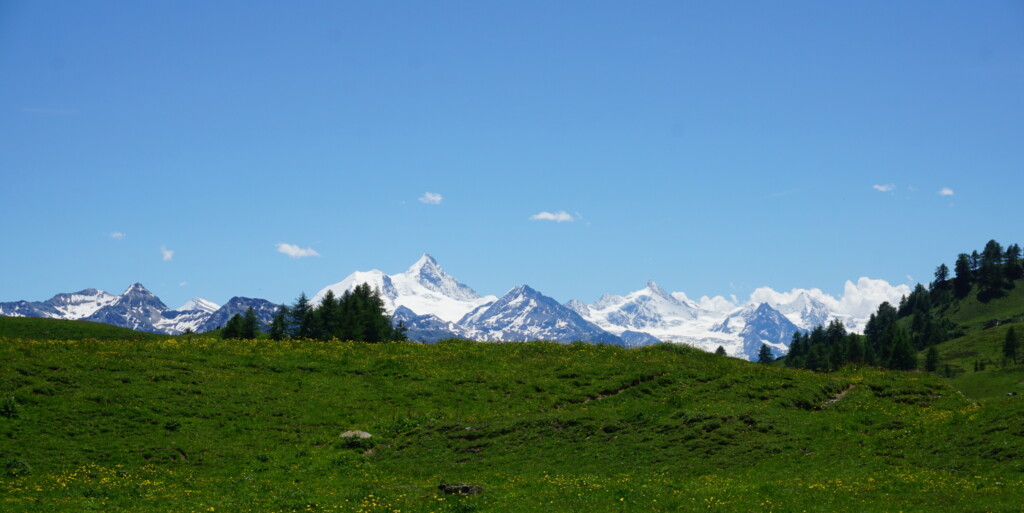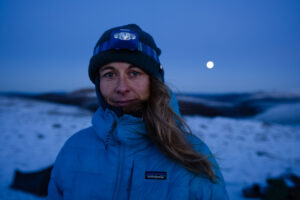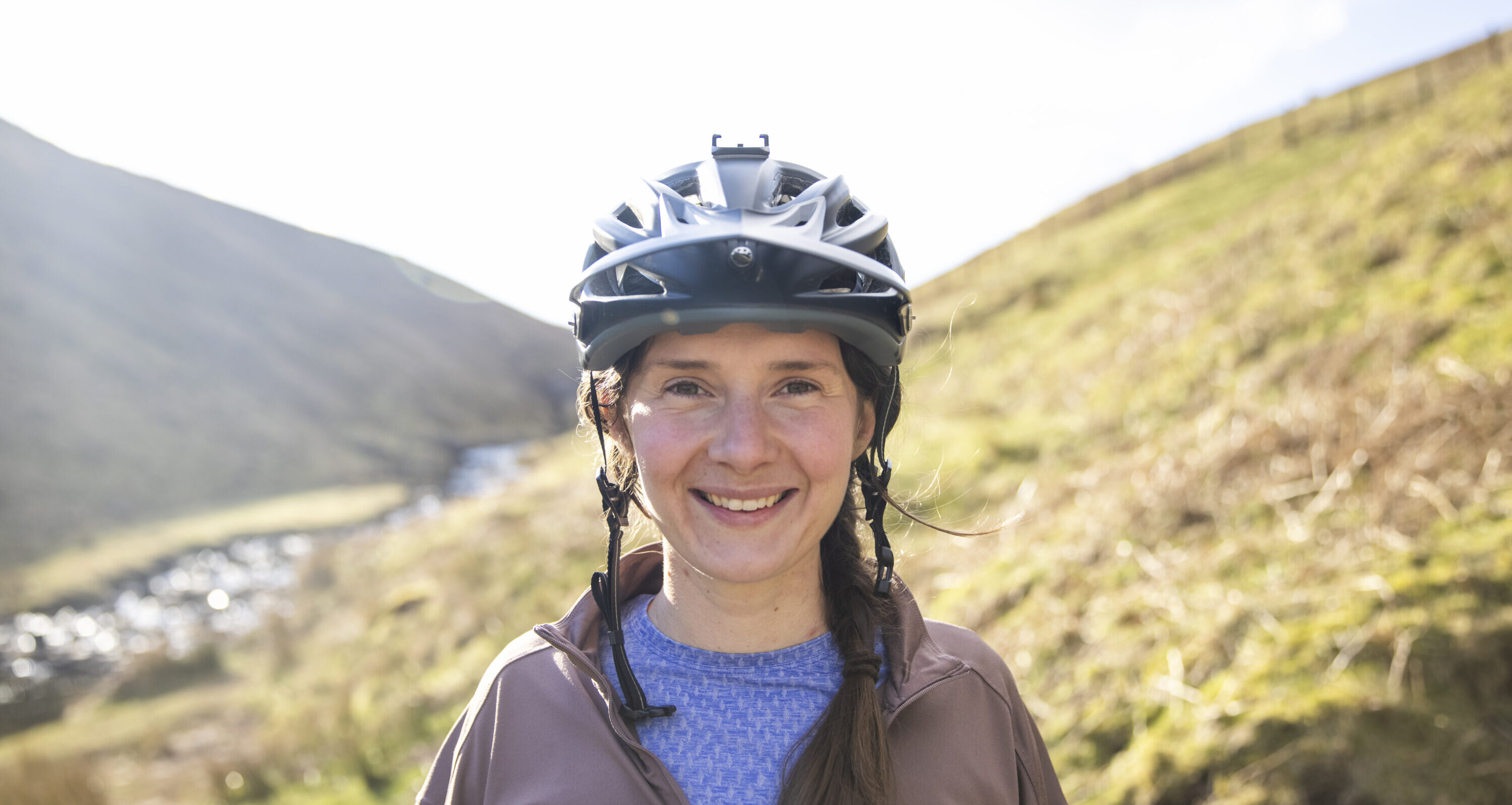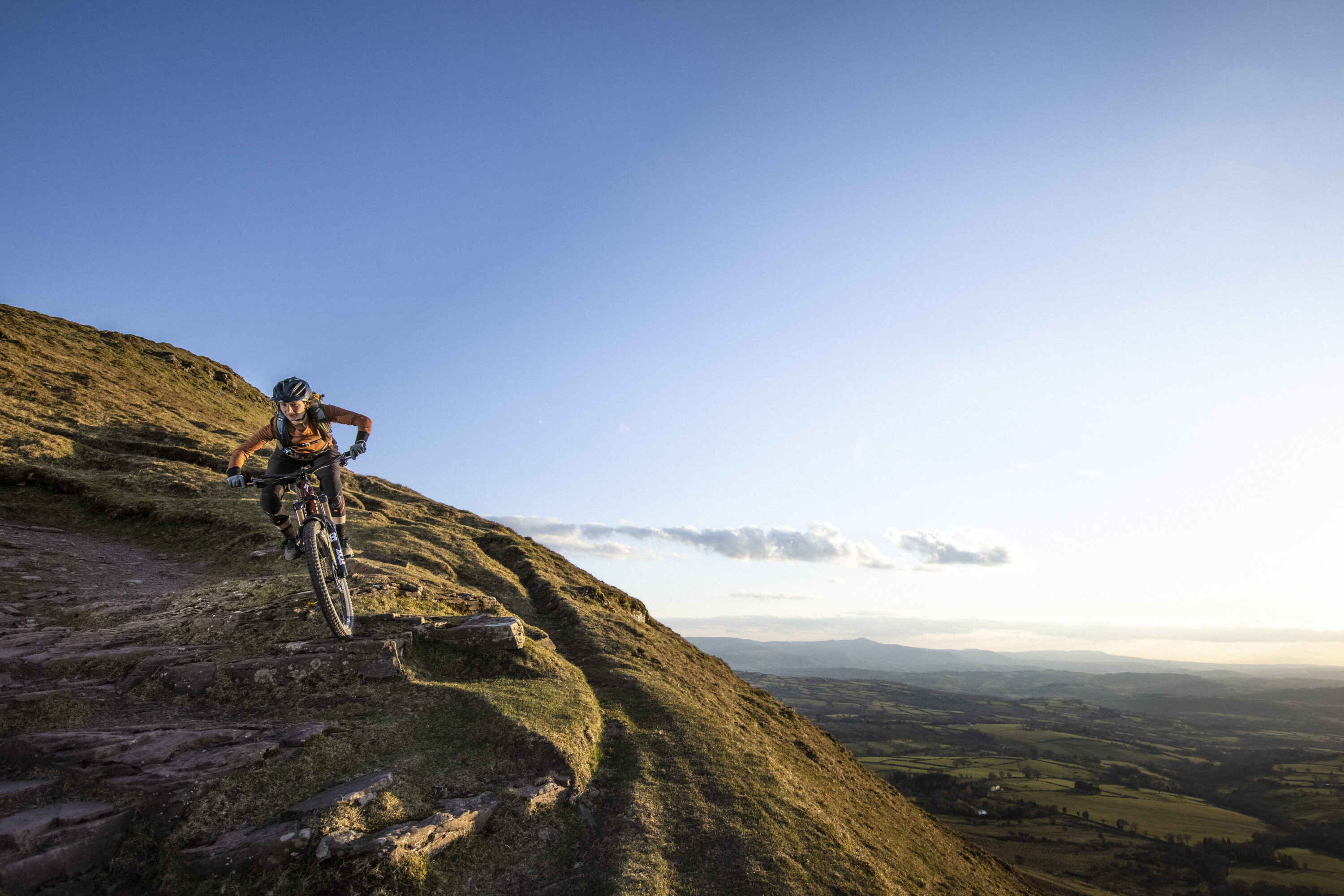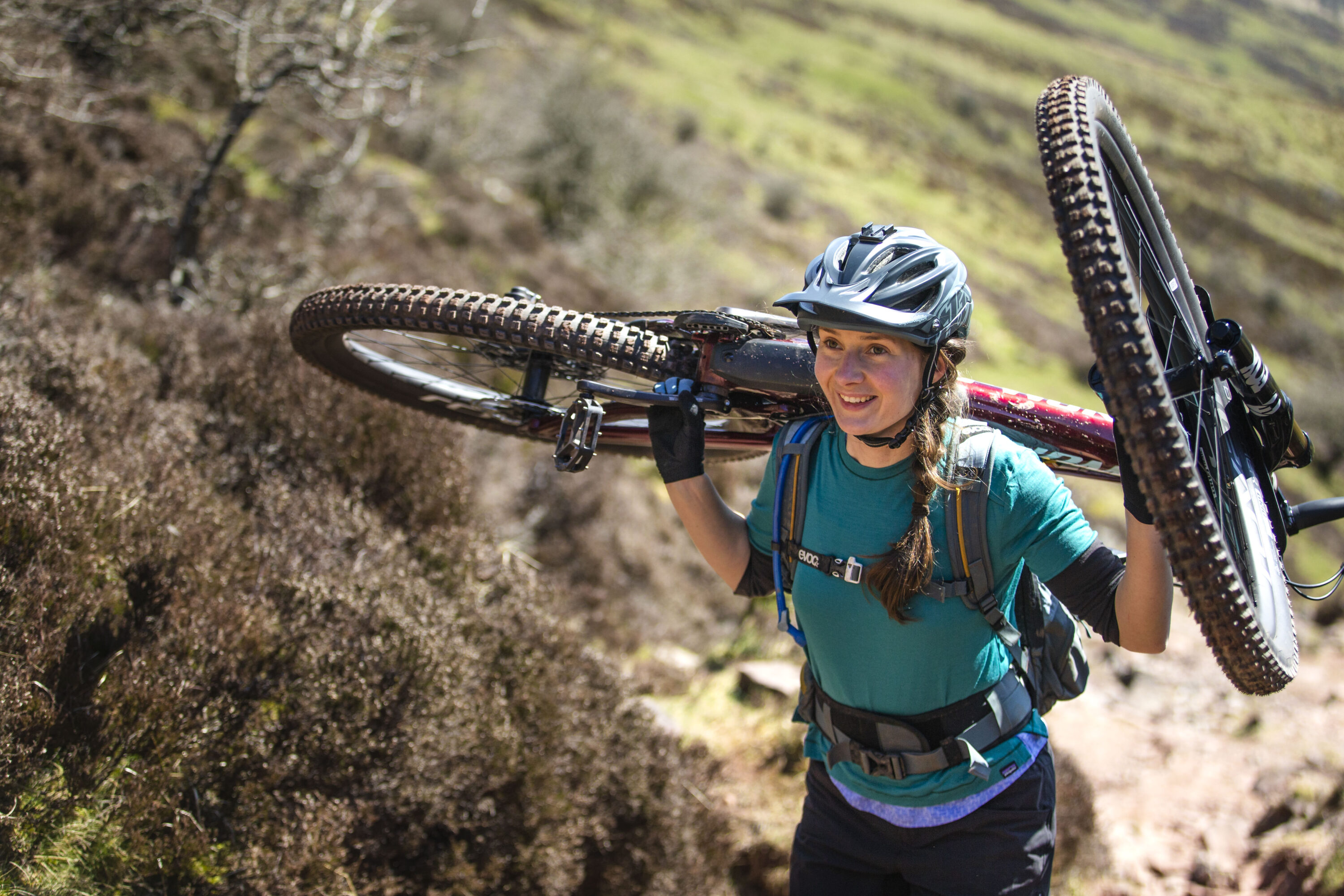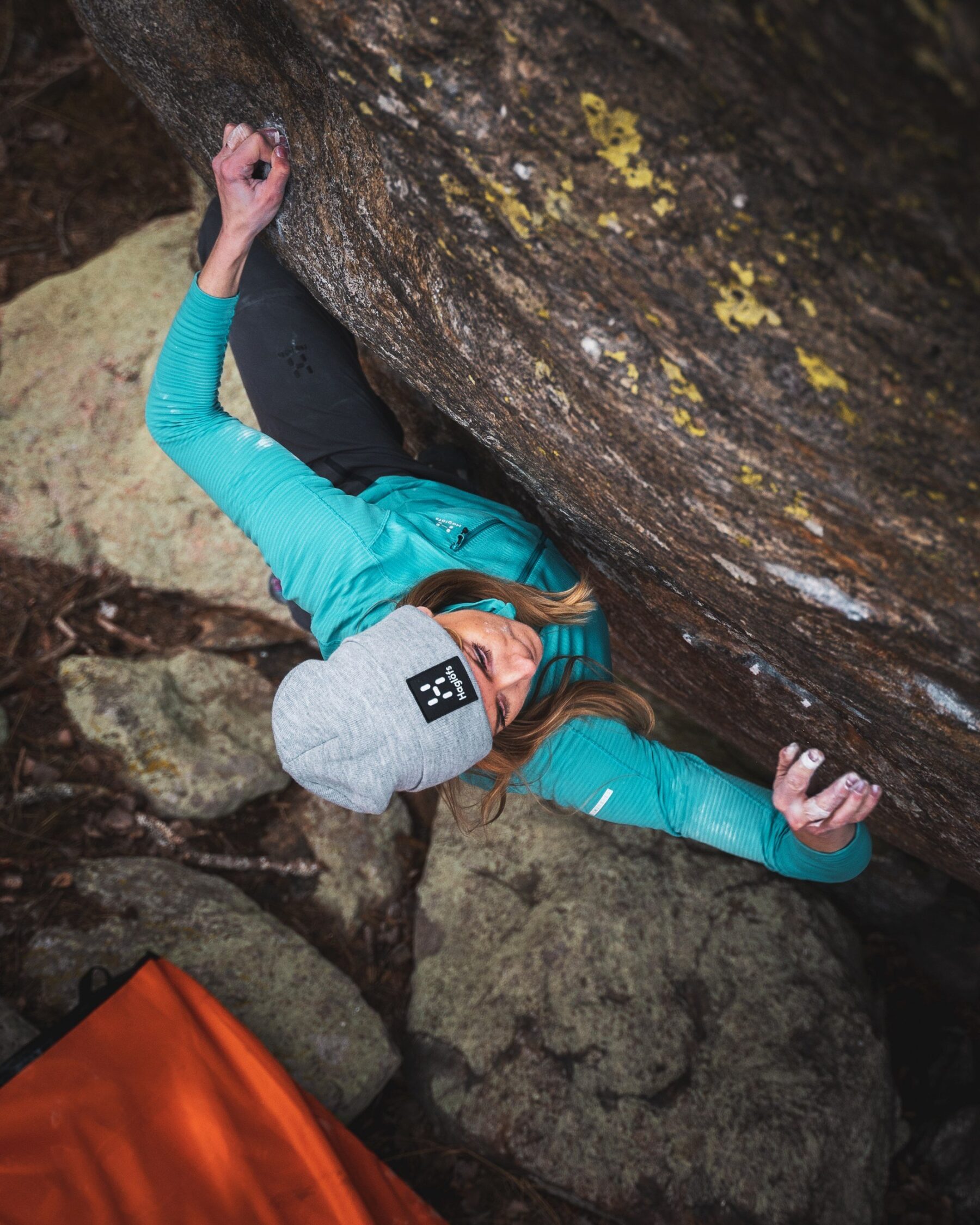Where do you call home and your local trail? And what is it like?
Caerphilly, just outside Cardiff in South Wales is my home. I travelled a lot during my years racing, but here has always been home for me. I can ride in three different directions from my house and be out in the hills for hours. Most of the trails are in the trees, steep and rooty, with lots of turns, which is a common theme in South Wales- winding through the trees! There are quite a variety, which is surprising because we are on the edge of Cardiff – the capital city of Wales. There really is a lot that can be found.
So how did the film idea come about?
I got inspired around this time last year on a bike ride. I was thinking how great it is, getting to explore through riding bikes off-road. Last year, we could go for a ride from the house, do a loop within the local area and just have a great day out. I thought how great it is, but then realised how much of what we ride isn’t official – or isn’t necessarily allowed – and also how inaccessible it is for so many people, who wouldn’t know where to start.
I got chatting with filmmaker and mountain biker Tommy Wilkinson, who I knew was interested in similar topics. It’s complex, and has taken a while to develop exactly what we want to show with the film, but we want to look at how we access trails in the UK, the benefits MTB can bring, and speak to people with real experience of managing trails, or land. We want to think about what the future for trails might look like, and how that can be achieved.
As riders, a lot of us aren’t really aware of what goes on behind the scenes, either about the riders building the trails, or the people that manage or own the land and are deciding what to do about it. It has been really interesting to learn about all of this, and to bring it together in one coherent project.
Do you feel a responsibility to share these messages and awareness to educate others?
Yes, for different reasons. During the past year, there have been real examples of tension between different users, such as walkers and cyclists. It’s important that we raise awareness around what we can do on our side about that; being responsible cyclists and not making a mess, being aware of where we are riding and how we interact with others on the trail. I have benefited so much from the trails in my area and across the UK, so I’d like to create, or add to, some important conversations. I’m sure there will be many different opinions out there, which is why we want to speak with people with real experiences and get a range of views.
Do you think the mountain bike community is going to be welcoming to this topic?
It’s a hard one. There are definitely riders who are happy with how things are, and want to continue getting away with whatever we can. But there is also the fact that more and more people are taking up mountain biking, and there are more people discovering the outdoors in general. It will come to a point where something needs to change. So I think many will welcome a discussion. Irrespective of whether there will be a definite conclusion – or just offered opinions – it will be interesting!
